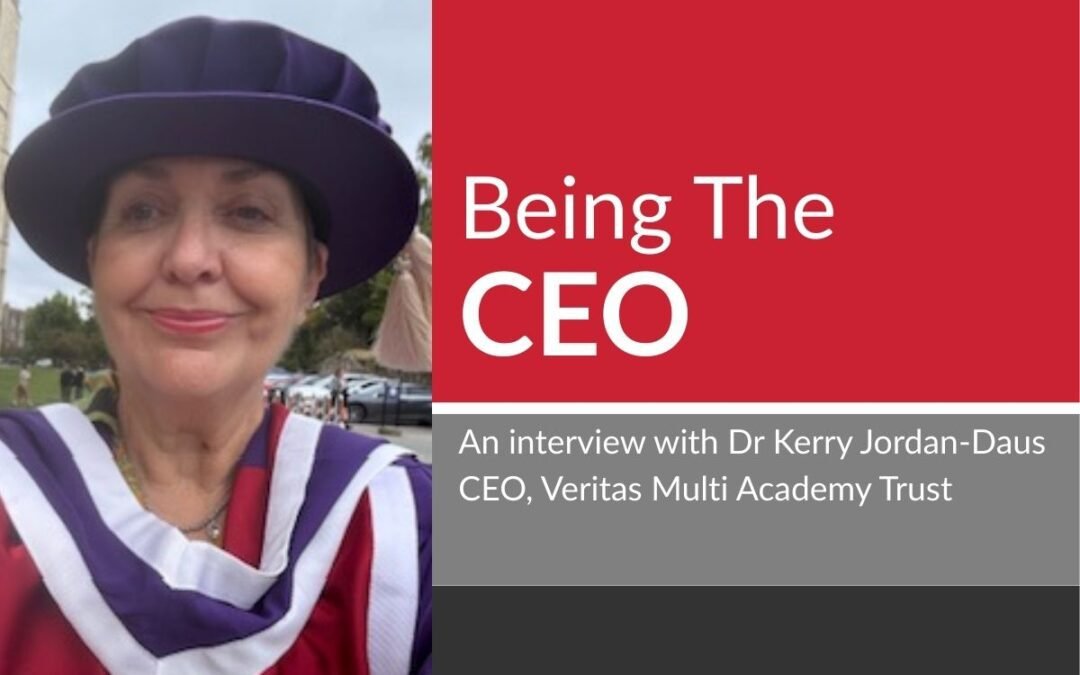
Nic Ponsford, CEO and Founder of The Global Equality Collective

In an era defined by rapid change and unprecedented challenges, the role of trust leaders has never been more crucial. As stewards of education for our nation’s children and guardians of community well-being, as leaders, you face a myriad of global, national, and local issues that demand adept navigation and strategic foresight. From geopolitical shifts to technological advancements, economic uncertainties to societal transformations, the landscape in which ethical and societal leaders operate is constantly evolving. Yet, amidst this turbulence lies the opportunity not just to survive, but to thrive. Below, we explore strategies to navigate these complexities and emerge stronger, more resilient, and well equipped to serve communities and students.
Embracing change as an opportunity
In times of uncertainty, the instinct can be to resist change and cling to familiar practices. However, as leaders, we need to adopt a mindset that sees change as an opportunity for growth, innovation and creativity. Meaningfully embracing change, requires the development and sustainability of a culture of adaptability and resilient leadership within the organisation. Important aspects to this culture development include promoting a growth mindset among your staff (and modelling this wherever possible), encouraging experimentation and creative, collaborative problem-solving, and cultivating a learning-oriented environment where failures are not seen as an opportunity to blame, but instead seen as valuable learning experiences. By embracing change as an opportunity rather than a threat, trust leaders can position their organisations to grow and thrive amidst uncertainty.
Making time to understand the landscape
An essential starting point for this is to spend time analysing and understanding the multifaceted landscape of your communities. At the global level, geopolitical tensions, climate change, and global health crises have far-reaching implications for education systems worldwide. National policies and regulations, funding allocations, and educational reforms set the stage for operations at the local level. Additionally, socio-economic disparities, demographic shifts, and cultural dynamics within communities further shape the educational landscape. As leaders, we need to cultivate a nuanced understanding of these intersecting forces, if we are to effectively lead organisations through them.
Identifying ways to keep tapped into understanding what might be going on (particularly for specific communities and groups) and vitally then accessing the right support is a good starting point. Humanising your data is often an overlooked part of the process – using an evidenced-approach to capture the voices of your different stakeholders is often where leaders start, but we still often become sidetracked by academic performance data over holistic well-being. When we have a narrow focus, it fails to capture the richness of experiences and passions. It can also perpetuate inequalities and marginalisation, especially amongst our most underserved. It is worth spending time rethinking your approach to data literacy and collection to ensure it captures the fullest possible picture. Encourage your leaders to become adept at understanding and interpreting data, moving beyond traditional metrics to capture the complexity of student and staff lives. This links directly to Forum Strategy’s work on pure accountability.and sits nicely with the theme for their upcoming CEO conference in September, focusing on contextual wisdom.


